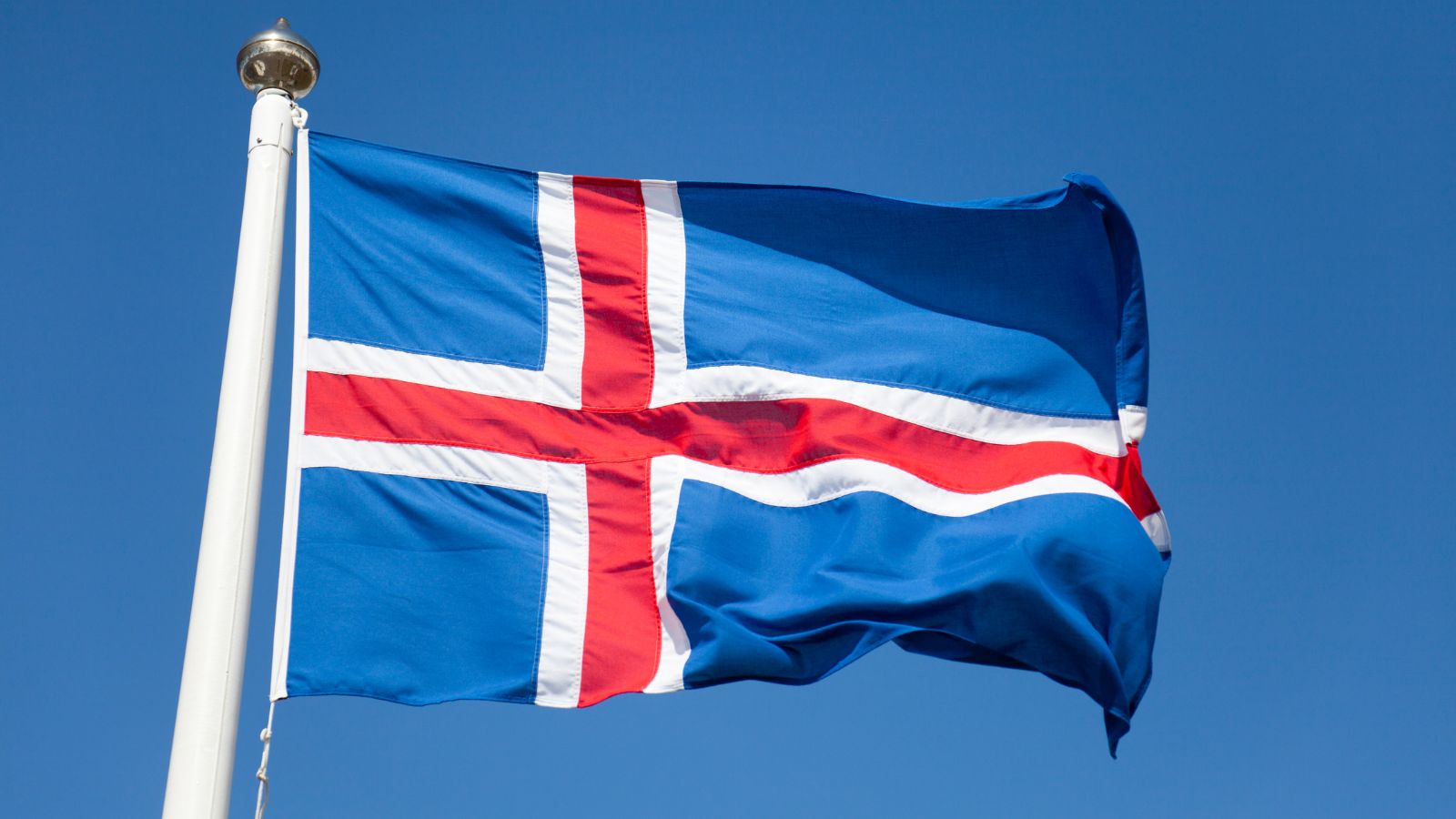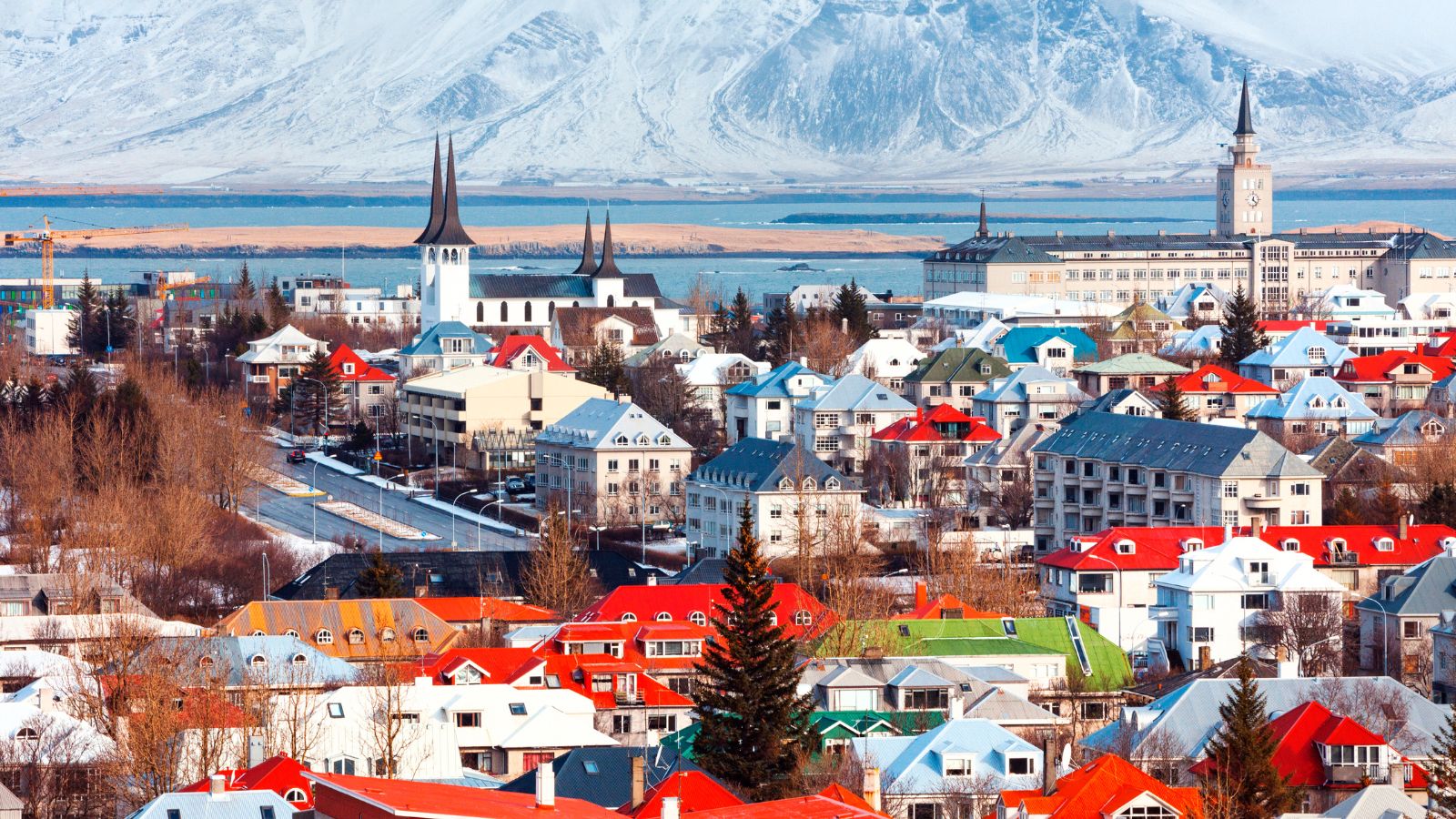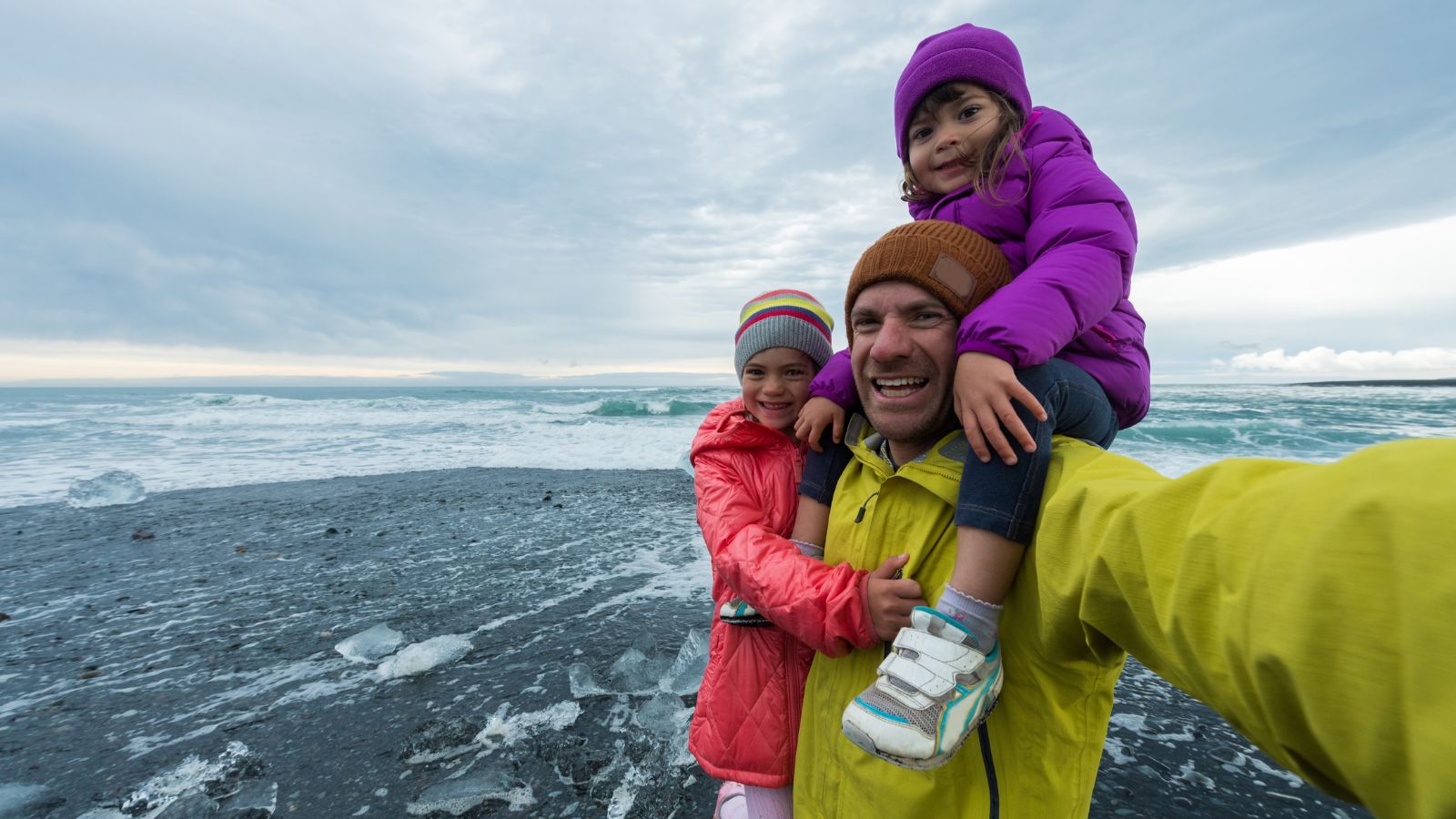
Iceland is a country like no other, with stunning scenery, diverse wildlife, and a strong cultural heritage. It’s this heritage and passion for tradition that makes Icelandic names, the meaning behind them, and how they are structured, so distinctive and unique. Discover popular Icelandic names, learn the significance of Icelandic last names, and understand why some names even need to be approved by a dedicated committee!
Icelandic Naming Laws
Regulations in Iceland specify that when choosing names for children, they should be meaningful and linguistically appropriate to preserve the cultural heritage and language. Icelanders can choose from a list of approved names for their children or submit a name to the Personal Names Committee for approval. The committee, which was established in 1991, oversees the approval or rejection of new names based on the regulations that have been put in place.
Offensive, inappropriate names or names that cannot be suitably written in Icelandic are prohibited. The list of rejected names, which includes Matti, Illuminati, and Stompie, can be seen on the Personal Names Committee register.

Popular Approved Icelandic Names: Male
Icelandic male names are often bold and strong, representing honor, courage, and strength. They often also include a link to Norse Mythology or the Icelandic Sagas. Some of the most popular include:
- Jón - meaning “God is Gracious”
- Sigurður - meaning “Victorious Defender/Protector”
- Guðmundur - meaning “God’s Protector”
- Gunnar - meaning “Brave Warrior”
- Ólafur - meaning “Ancestor’s Relic”
- Kristján - meaning “Follower of Christ”
- Einar - meaning “One Warrior”
- Magnús - meaning “Greatest”
Popular Approved Icelandic Names: Female
Female Icelandic names often represent nature, beauty, strength, and mythology. Popular names include:
- Anna - meaning “Thor’s Goddess”
- Guðrún - meaning “God’s Secret Lore”
- Kristín - meaning “Christian”
- Sigriður - meaning “Victory, Beautiful”
- Margrét - meaning “Pearl”
- Helga - meaning “Holy, Blessed”
- Sigrún - meaning “Secret Victory”
- Ingibjörg - meaning “The Help of Ing” (God of Fertility)
How Icelandic Last Names Work
In many cultures around the world, last names are fixed family names that are passed down through the generations. However, the Icelandic Naming System means that things are done rather differently in Iceland!

Patronymics and Metronymics
Whilst given names are chosen based on cultural significance and meaning, the naming system behind Icelandic last names connects people to their parents using a suffix that is added to the father’s or sometimes the mother’s given name to create the last name. This system of deriving a last name from a parent’s given name is known as Patronymics and Metronymics.
In Iceland, the suffix added is either “son” (meaning son of) or “dóttir” (meaning daughter of). Deciding between the mother’s or father’s name is at the discretion of the parents.
For example, if an Icelander named Magnús had a son, the son’s last name would be Magnússon. However, if he had a daughter, her last name would be Magnúsdottir. This means that, unlike in many cultures, siblings of different genders have different surnames.
With such importance placed on culture in Iceland, it’s no wonder that names follow this ancient, traditional, and well-respected system, even in modern times. Ready to explore Iceland’s culture for yourself? Hire a car and discover the country at your own pace.